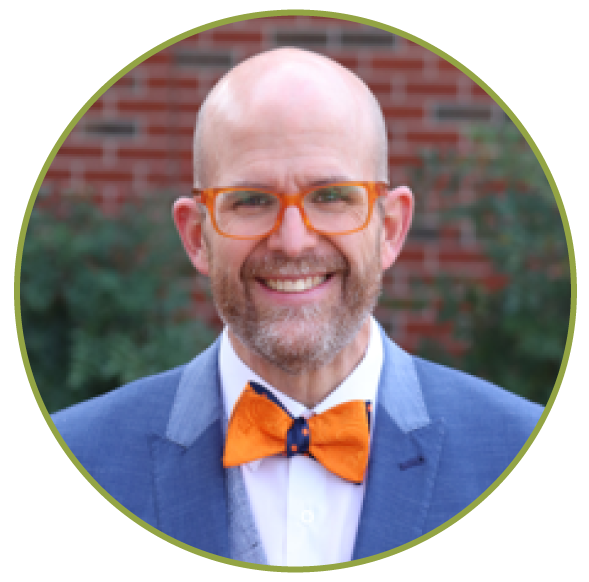
Part two of this series, discusses inclusive strategies that schools, parents, and preventionists can use when delivering substance misuse prevention services for students with disabilities.
Although many health and mental health disorders are potentially considered disabilities under education law, substance use disorder is not. Students with disabilities are at higher risk of substance misuse. Therefore, it is important that preventionists have the appropriate knowledge and skills to equitably include students with emotional or behavioral problems when delivering prevention services in schools. During this webinar a school psychologist, parent of a child with a disability, and well-seasoned preventionist discuss the unique challenge of delivering substance misuse prevention services to students with disabilities and promising approaches to improve delivery.
Select the View Resource button above to watch the recording and link to the PowerPoint below.

Chuck Lester serves as Community Based Prevention Services Grants Manager for Oklahoma State University’s Community Wellness Programs. In this capacity, he works with local stakeholders to reduce the consequences of substance abuse across the region through the use of evidence-based, environmental strategies. Previously Chuck served as the Region's Strategic Prevention Framework coordinator. Much of this work focused on reducing underage drinking in Payne County. As the Students Working Against Tobacco (SWAT) Coordinator, he was responsible for recruiting, training and sustaining SWAT groups at local schools. These student groups sought to complete anti-tobacco advocacy campaigns such as getting their school to pass 24/7 tobacco-free policies. For the last 11 years, he has coordinated various grants that seek to solve local substance use and abuse problems through the use of the Strategic Prevention Framework model by empowering youth.